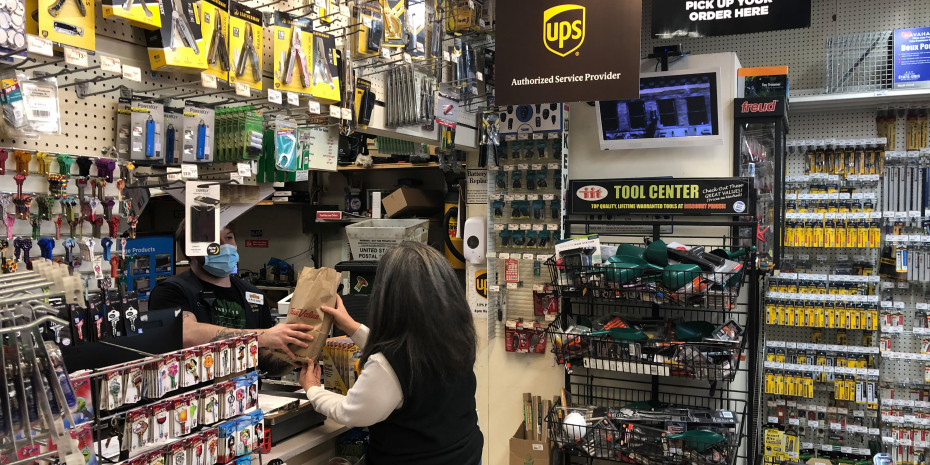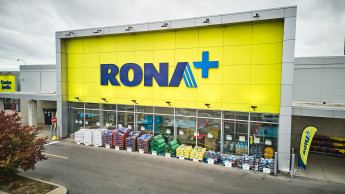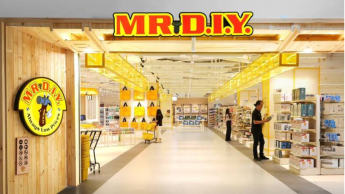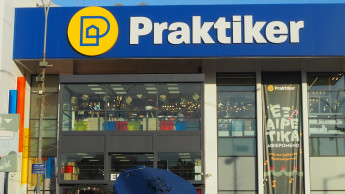The Internet has become an absolutely vital element in today's commerce. 83 per cent of homeowners research new products online, compared to 19 per cent who visit stores to see what's new. Thus, it is no surprise that retailers quickly began improving their websites and being more aggressive in seeking online sales.
Major American wholesalers, who also serve retailers around the world, were quick to develop new programmes and services that would enable their retail customers to survive under new, trying conditions.
Ace Hardware, America's and the world's largest hardware wholesaler, began its digital transformation years ago and it paid off in 2020, with sales up 271 per cent. Its website generates online sales for its retailers. The company recorded more than 230 million visits to acehardware.com in 2020. John Venhuizen, Ace's president, says most US stores are using BOPIS (buy online pickup in store) for purchases made on the Ace website. They also are offering curbside delivery and roughly 67 per cent are offering delivery from the store, known as BODFS.
Orgill, a privately-owned distributor based in Memphis, Tennessee, for example, is now offering promotional e-commerce programmes that feature seasonal items monthly. These help retailers customise and keep fresh their online offerings.
One of the first things retailers did, of course, was to take renewed interest in online sales. For many retailers prior to the pandemic, online sales weren't of prime concern. Oh, it was nice that they got some sales that way, but their attention was focussed on the day-to-day business of providing personal service in the store. When customer traffic slacked off, sales had to be generated in other ways.
Suddenly, as customer traffic declined and in many cases disappeared, it became essential that online sales had to increase if retailers were going to survive. What had been considered a small and relatively unimportant part of the business suddenly, in some cases, became the core business.
In some cases, retailers had to limit the number of people they could have in their stores at any one time. That's a pretty sure way to limit sales.So exactly what kinds of things did American retailers do that helped them survive…

 Menü
Menü















 Newsletter
Newsletter